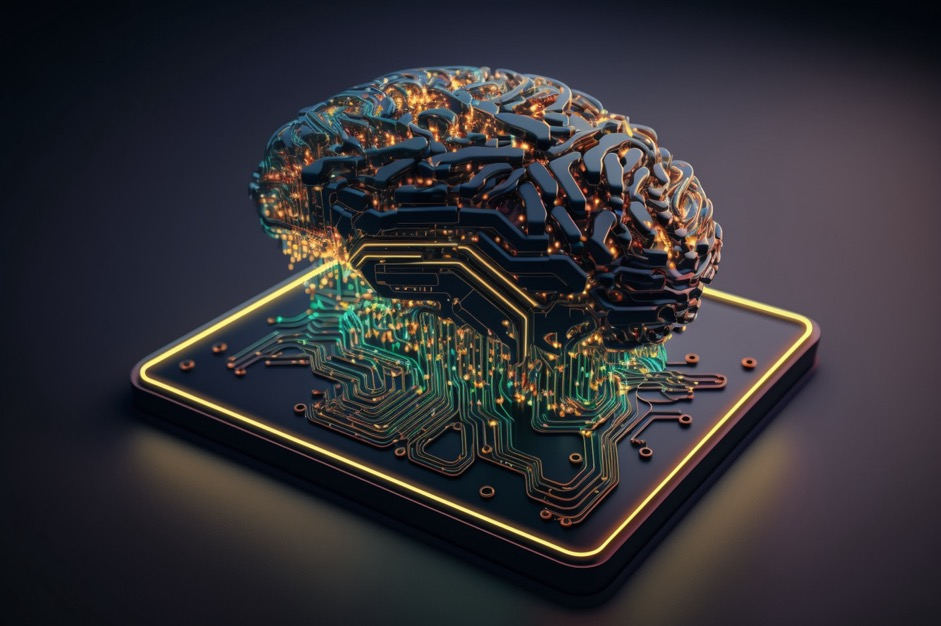
As we step into 2024, the professional recruiting landscape is undergoing a revolutionary transformation driven by the relentless march of technology.
Artificial intelligence (AI) and automation, once buzzwords, are now at the forefront of reshaping how organizations approach talent acquisition.
This technological dawn isn't just changing the "how" of recruitment; it's also redefining the "what" and "who" of hiring.
Let's explore how AI and automation are set to revolutionize recruiting trends to help organizations find perfect-fit professionals for both their companies and their teams.
The integration of AI into recruitment is a leap forward into a new era of talent acquisition.
AI has progressed from being a mere facilitator of administrative tasks to being a strategic partner in the hiring process. Its capabilities now extend to analyzing complex candidate data, interpreting behavioral nuances, and even predicting job performance.
AI-powered systems use sophisticated algorithms to assess a candidate's fit for a role by evaluating various factors, including work history, educational background, and skill set.
However, AI cannot and should not be used in isolation. It must be accompanied by in-person interviews and experienced recruiting agencies staffed by people who understand nuances to yield accurate, effective, and useful results.
Automation has transformed many aspects of the hiring process. Everyday tasks like sorting through resumes, scheduling interviews, and sending out job offer letters are now automated. They allow recruiters to focus on the more-strategic aspects of their role.
Automated resume screening tools have become more sophisticated. They're capable of scanning through thousands of applications to identify the most suitable candidates based on predefined criteria. This speeds up the recruitment process and ensures a high level of objectivity in candidate selection.
Candidate engagement is a top priority, and technology plays a pivotal role in achieving it.
AI-driven chatbots, for instance, provide instant responses to candidate inquiries about job details, application status, or company information. This level of interaction ensures that candidates feel valued and engaged throughout the recruitment process.
Personalized communication is another facet where AI has enhanced the candidate experience. Based on a candidate's profile and interactions, AI tools can tailor communication, send personalized job recommendations, and deliver updates.
This personalized approach makes candidates feel more connected to the company and the role they are applying for.

The days when hiring decisions were largely based on intuition or limited information are long gone. Now the recruiting process is underpinned by a wealth of data, providing a more comprehensive, objective, and strategic approach to talent acquisition.
Advanced data analytics tools in recruitment harness a vast array of data points ranging from a candidate's employment history and educational background to their performance in skill assessments and behavioral tests. This wealth of data enables recruiters and hiring managers to make decisions backed by a multitude of quantifiable metrics.
These tools can analyze trends from past hiring decisions. They can pinpoint characteristics and qualifications that correlate with long-term success in a role or with the company. This insight helps in refining the criteria for future hires. It also ensures that the recruitment process is continuously evolving and improving.
One of the most significant impacts of AI and automation in recruitment is its potential to reduce unconscious bias.
Unconscious biases are unintentional prejudices that can influence hiring decisions and lead to less-diverse workplaces.
By incorporating AI into the recruitment process, the initial screening and evaluation of candidates can be made more objective. There's a stronger focus on personality, skills, and qualifications instead of race, gender, age, or appearance.
At Brookwoods Group, we're at the vanguard of this technological revolution in recruitment trends.
Our understanding of AI and automation tools guides our forward-thinking approach to recruiting top professionals. We leverage technology to streamline our processes, ensure unbiased candidate evaluation, and improve the overall efficiency of our hiring assignments.
However, we believe that technology is a tool, not a replacement for human judgment and interaction. Our Executive search firms houston use these advanced tools to complement their expertise, not replace it.
If you're looking for a recruiting and staffing firm austin you can trust, contact us today. In addition to helping businesses around the United States find new talent, we also help candidates by placing them in the right environments.